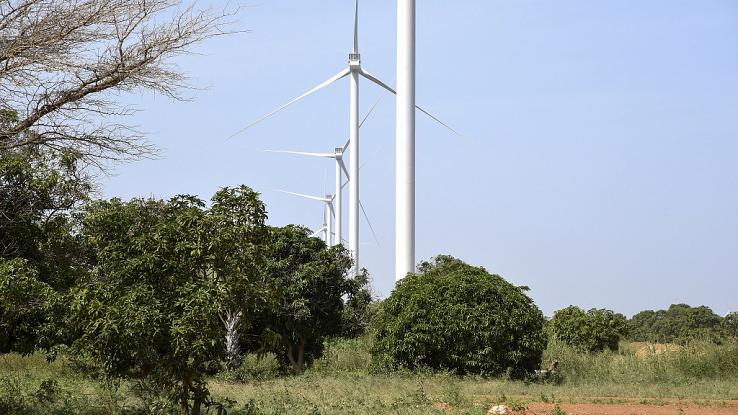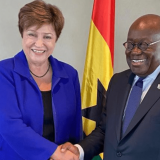The Covid-19 pandemic has both exposed and made worse the critical infrastructure deficit in developing countries.
At the Paris Infraweek on Monday, African leaders, investors, lenders, multilaterals, and other players of the infrastructure finance community from around the world made a case for investment in the continent’s economic and social infrastructure.
“Communications, telecommunications, energy, water, these are very high priority areas for us and obviously the social aspect of health and education,” said Abdel Aziz Ould Dahi, the Mauritanian Minister for Digital transition and Innovation.
But there’s also climate change. With severe weather events expected to become more frequent in the coming years, countries face a race against time to invest in resilient and bankable infrastructure.
“We are really stressing social impact in our conversations with countries,” said Alain Tchibozo, the Chief Economist at the West African Development Bank (BOAD) during a panel discussion.
“In the past years, it was only roads, roads, and roads. But now we are talking about green energy, internet infrastructure, and food security. So the infrastructure needs are changing and so should financing,” he said.
But who will pick up the bill for Africa’s roads, dams, schools, pipelines, internet base stations, and railways?
The African Development Bank estimates that the continent’s infrastructure financing needs will be as much as $170 billion a year by 2025, with an estimated gap of around $100 billion a year.
Experts say countries must attract private finance to complement public resources.
“I think the money is to be mobilized. The channel has to be somehow widened and the effort accelerated. But I don’t think we need to invent any new mottos. It’s a question of actually running rather than just walking,” said Thierry Deau, the CEO of Meridiam.





